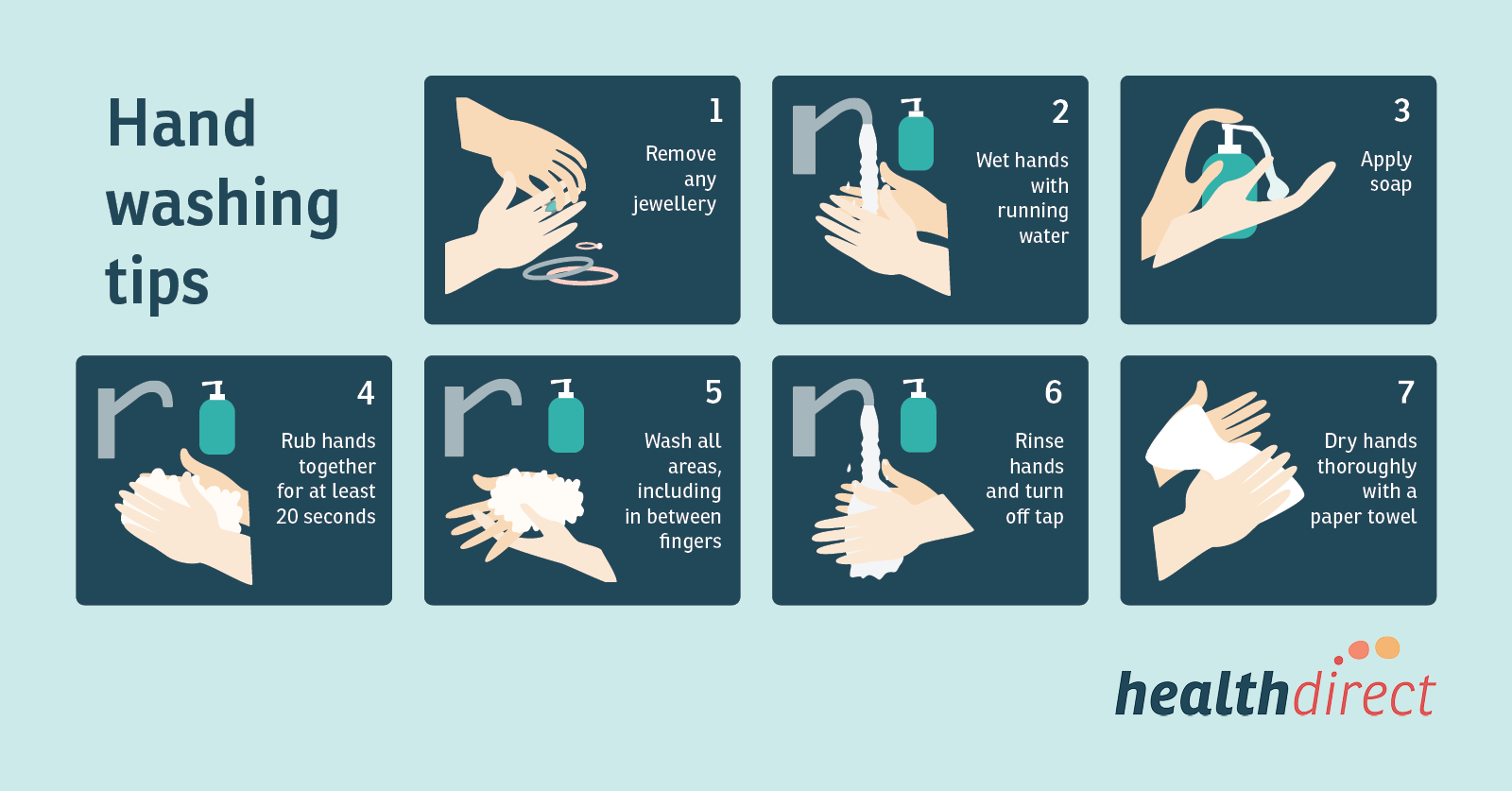WHAT IS IMMUNITY?
Immunity protect against a particular disease or illness (Source: Internet)
Immunity is a network of special cells, tissues, proteins, and organs that work together to protect against a particular disease or illness.
Without an immunity, your body would be attacked by bacteria, viruses, parasites, and more. Our immune system will become stronger during adulthood. Because we have been exposed to more pathogens and developed more immunity.
There are two main parts of the immune system:
- The innate immune system, which you are born with.
- The adaptive immune system, which you develop when your body is exposed to microbes or chemicals released by microbes.
These two immune systems work together.
HOW IMMUNITY WORKS?
When our immune system functions properly, immunity must detect pathogens like viruses, parasitic worms, bacteria, and more. And distinguish them from the organism’s own healthy tissue. After that, it triggers an immune response to destroy them.
HOW TO BOOST IMMUNITY?
You can boost your immune system by adopting healthy living strategies. The healthy living will strengthen your body naturally and help you fight harmful pathogens, or disease-causing organisms.
1. Eat more colorful fruits and vegetables

Eating colorful fruits will boost your immune system (Source: Internet)
One of the keys to a healthy immune system is eating more and more colorful fruits and vegetables. They are full of antioxidants which guard against free radicals, molecules that can harm your cells. Orange, kiwi, strawberry, watermelon, papaya, cantaloupe, carrot, green pepper, leafy greens, etc. are the best choice for you.
Fruits and vegetables provide beta-carotene, vitamin C, zinc, etc. that can boost immune function.
Beta-Carotene is a powerful antioxidant which can increase disease-fighting cells. That is the reason why beta – carotene can reduce inflammation and boost immune function.
Vitamins C is antioxidants that help to destroy free radicals and support the body’s natural immune response.
Read more benefits of vitamin C here
Zinc is a mineral that can help boost white blood cells, which defend against invaders. Nuts, pumpkin seeds, sesame seeds, beans, and lentils are great source of zinc.
2. Don’t smoke
Cigarette smoke release carbon monoxide, nicotine, nitrogen oxides, and cadmium, etc. The harmful chemicals can interfere with growth and function of immune cells.
3. Healthy diet
Eating diet with a low-fat may give the immune system a boost. You should focus on incorporating more plants and plant-based foods. Healthy diet helps to control your weight that also benefits the immune system. Obesity has been linked to increased risk for influenza and other infections such as pneumonia.
4. Exercise regularly
Exercise promotes efficient blood circulation, which keeps the cells of the immune system moving. So they can effectively do their job.
5. Wash your hand regularly

Wash your hands with soap at least 20 seconds (Source: healthdirect.gov.au)
Washing your hands is a good way to preventing illness. Washing with soap at least 20 seconds to significantly reduce the number of microbes on your skin.
6. Moderate drinking
Alcohol temporarily increases the number of white blood cells, which are the infection fighters, in your bloodstream. But your liver is clearing the alcohol from your system, your white blood cell numbers fall below normal for at least five hours.
So high levels of alcohol consumption can weaken your body’s ability to fight infection and slow down your recovery time. As a result, people who drink high amounts of alcohol face a greater likelihood of pneumonia, acute respiratory distress syndrome, alcoholic liver disease, and certain cancers.
7. Get adequate sleep
Sleep and immunity are closely tied. Your body heals and recover while you sleep, making adequate sleep critical for a healthy immune response. In fact, inadequate or poor quality sleep is linked to a higher susceptibility to sickness.
8. Try to minimize stress
You know, relieving stress plays an important role to improve immune health.
The body relies on hormones like cortisol during short-term bouts of stress. But when cortisol levels are constantly high, it essentially blocks the immune system function. Our immunity cannot do its job to protect the body against potential threats from germs like viruses and bacteria.
Yoga, exercise, and other practices can help to lower stress and keep your immune system functioning properly.
Source: everydayhealth.com – Webmd.com – Healthline.com
Warmly welcome to read more information here








